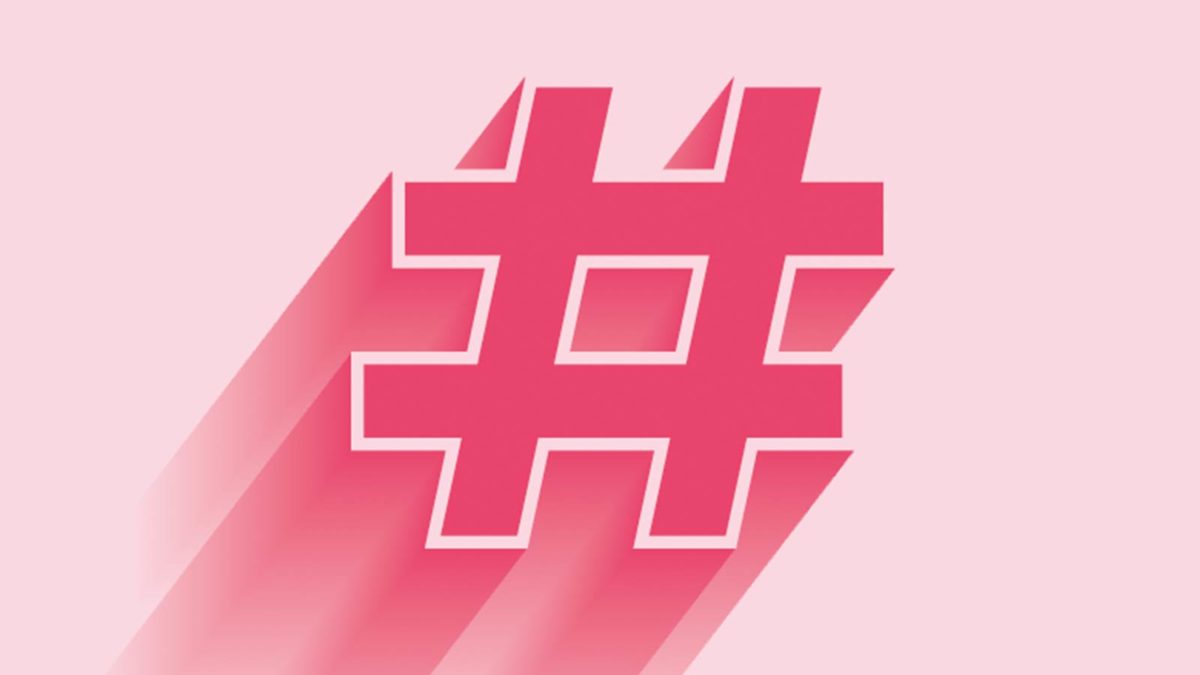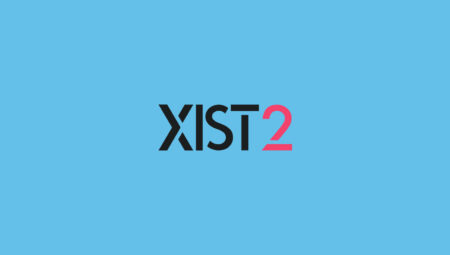
What are #’s and why should your business be using them?
Hashtags are simply a way of grouping content into specific topics, events, themes, or conversations. By grouping content together, it makes it easier for people to discover specific content. Simply put, using a hashtag makes your content searchable.
Hashtags were first used on Twitter because of the platform’s brevity. Since then, the use of hashtags, their reach and their effectiveness has continued to grow. They are no longer limited to Twitter; hashtags are used across most other social platforms too.
Research has shown that hashtags increase engagement. A post with at least one hashtag on Instagram, averages 12.6% more engagement than posts without a hashtag. So, it really is worth creating a hashtag strategy for your brand if you want to grow your account!
First up – let’s cover the basics of hashtags:
- They always need to start with a # and they won’t work if you use spaces, punctuation, or symbols
- Use relevant hashtags – you want to use hashtags that relate to your content, but they also need to be something other users are likely to search! If it is too random, no one will search it and then there is little point in using it.
- Make sure your accounts are public – this may seem obvious, but if you have private accounts, there is little to no point in using hashtags, because users who are not following you will not be able to see your content if it is set to private!
- Don’t use too many hashtags with a post as it can look a little spammy.
Should your business be using hashtags?
Well, the simple answer is, yes! If you are creating content that you want to be seen and you want to grow your following organically, then hashtags are a must. Here’s why:
- They help your audience find you – on Instagram and LinkedIn people can follow hashtags as well as users. If you use a few popular hashtags, it can be another way to help people find your brand. For example, if you use #baking on your posts, those who follow that hashtag will see your post on their feed (even if they don’t follow you) and you may gain some new followers this way.
- Hashtags can show your business supports social issues. For example, this week is Mental Health Awareness Week and this year the theme is nature. Both #MHAW2021 and #ConnectWithNature are trending across social platforms.
- If your business is involved in a social issue, you can create your own branded hashtag to help promote this. It is a great way to share your brand’s support.
- Hashtags can add context to your post – long captions don’t tend to get great engagement, so you can add some captions to add context.
- Hashtags work well for monitoring your brand
Should you use generic hashtags?
Well, to be honest it depends on the hashtag. Hashtags such as #followme or #likeplease which are soliciting follows and likes are not likely to engage your followers and it also looks spammy, however, other more generic hashtags such as #ThrowbackThursday or #MondayMotivation are good ways to get involved in a trending conversation. Generally speaking, if it feels spammy, it is likely to look spammy, so think carefully about which hashtags you use!
Do’s and don’ts of hashtags:
Do:
- Use hashtags in the copy of your content. It is fine to use a hashtag in the middle of a sentence, as long as it is short and clear. This is especially useful on Twitter with the character limit.
- Do use popular hashtags such as #MondayMotivation or #ThrowbackThursday but make sure they are relevant to the content you are posting
- Do use capital letters in your hashtags as it makes them easier to read, especially those that are more than one word.
- Do encourage others to use your hashtags. This can help promote your brand and expand your reach. This will also enable you to monitor your brand more easily.
Don’t:
- Make your hashtags too long. #ThisIsHardToReadEvenThoughItHasCapitalLetters. Long hashtags are difficult for consumers to read. Keeping your hashtags short and sweet will ensure easy consumption and make your tags more impactful.
- Use hashtags that are not relevant to your content. If a hashtag is trending but is irrelevant to your content, don’t use it. While using it may increase your visibility, it is spammy and the end user will be frustrated to see content unrelated to their search. Users will not react favourably to this.
- Don’t hashtag every word! There is such a thing as too many hashtags!
Conclusion:
Hashtag usage has exploded since its introduction in 2007. Today hashtags are everywhere and have quickly become a crucial part of marketing. Coca-Cola’s #ShareACoke campaign is one of the company’s most successful campaigns to date and increased sales more than 2% back in 2012. By taking time to use hashtags properly, there is no reason your business can’t benefit from the extra exposure.
More in Education

Stephen Clarke: Leading the Way at the ATOM Festival of Science...
Stephen Clarke, our Principal at Cherwell College Oxford, is not only a distinguished leader and former British diplomat, but also a passionate advocate for science and education. As the Chairman of ATOM Festival of Science & Technology, Stephen plays a pivotal role in bringing world-class scientific discussions and innovations to the heart of Abingdon. Stephen’s leadership ensures that the festival remains dynamic, inclusive, and engaging for people of all ages.

The Story Museum: Bringing Stories to Life in Magical Ways
The Story Museum is no ordinary museum. Nestled in the heart of Oxford, this unique, immersive space is dedicated to celebrating the power of storytelling in all its forms. Whether through interactive exhibitions, live performances, or creative workshops, The Story Museum is on a mission to enrich lives—especially young lives—through the magic of stories.

Unleash Your Potential: AI & Innovation Summer Camp at Cherwell College...
In an ever-evolving world where innovation drives progress, equipping oneself with cutting-edge skills becomes paramount. Cherwell College Oxford proudly presents its AI & Innovation Summer Camp, a transformative journey designed to empower young minds with the tools and insights needed to thrive in the digital age. Here’s why this programme is a must for aspiring innovators:
From this author

How do I hire a web development agency?
It can be tough finding a good web development agency – mainly because there are so many agencies out there, and it can be hard to know which one is the right fit for your project.

How do I choose a good web design agency?
The first thing to appreciate when choosing a good design agency is that there is no one-size-fits-all solution, so you’ll need to find an agency that can tailor its services to meet your unique requirements.

Do web agencies use WordPress?
Why agencies back WordPress as a CMS

